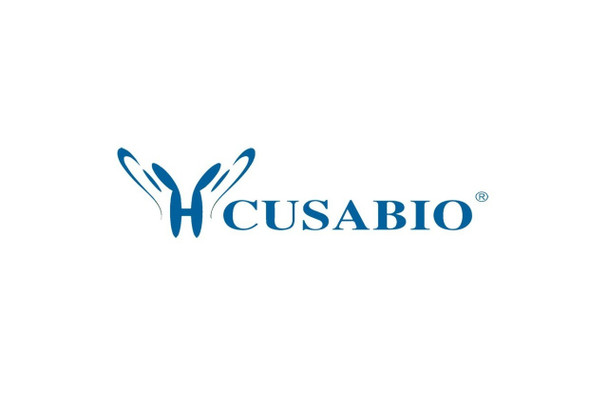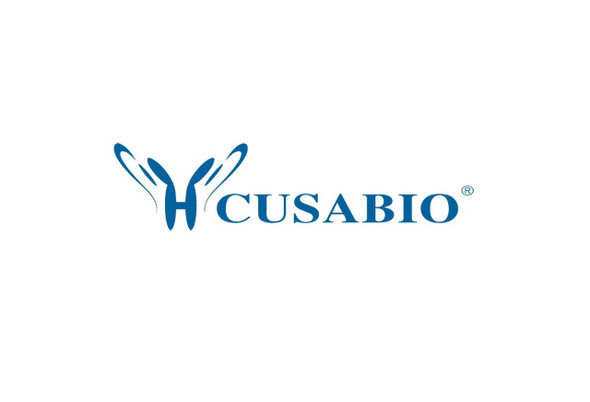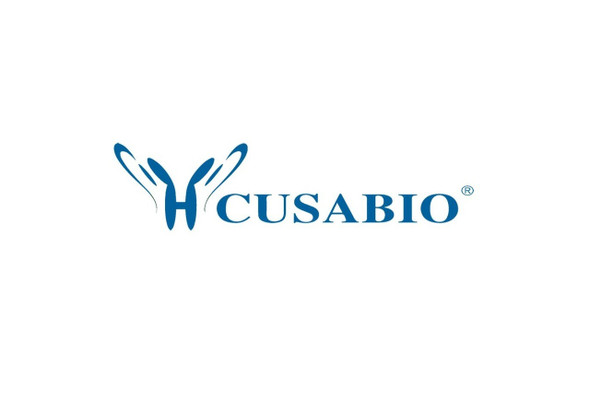Cusabio Polyclonal Antibodies
SMYD1 Antibody | CSB-PA847673ESR1HU
- SKU:
- CSB-PA847673ESR1HU
- Availability:
- 3 to 7 Working Days
Description
SMYD1 Antibody | CSB-PA847673ESR1HU | Cusabio
SMYD1 Antibody is Available at Gentaur Genprice with the fastest delivery.
Online Order Payment is possible or send quotation to info@gentaur.com.
Product Type: Polyclonal Antibody
Target Names: SMYD1
Aliases: Histone-lysine N-methyltransferase SMYD1 (EC 2.1.1.43) (SET and MYND domain-containing protein 1), SMYD1
Background: Methylates histone H3 at 'Lys-4' (H3K4me), seems able to perform both mono-, di-, and trimethylation. Acts as a transcriptional repressor. Essential for cardiomyocyte differentiation and cardiac morphogenesis.
Isotype: IgG
Conjugate: Non-conjugated
Clonality: Polyclonal
Uniport ID: Q8NB12
Host Species: Rabbit
Species Reactivity: Human, Mouse
Immunogen: Recombinant Human Histone-lysine N-methyltransferase SMYD1 protein (1-350AA)
Immunogen Species: Human
Applications: ELISA, WB, IHC
Tested Applications: ELISA, WB, IHC; Recommended dilution: WB:1:500-1:2000, IHC:1:20-1:200
Purification Method: Antigen Affinity Purified
Dilution Ratio1: ELISA:1:2000-1:10000
Dilution Ratio2: WB:1:500-1:2000
Dilution Ratio3: IHC:1:20-1:200
Dilution Ratio4:
Dilution Ratio5:
Dilution Ratio6:
Buffer: PBS with 0.02% sodium azide, 50% glycerol, pH7.3.
Form: Liquid
Storage: Upon receipt, store at -20°C or -80°C. Avoid repeated freeze.
Initial Research Areas: Epigenetics and Nuclear Signaling
Research Areas: Epigenetics & Nuclear Signaling













